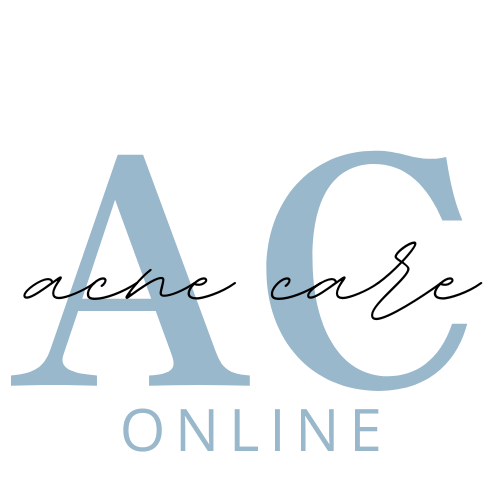Things To Know About Rosacea

Rosacea is a common skin disorder that makes your face seem flushed and has visible blood vessels. Additionally, it may result in tiny, pus-filled pimples. These symptoms and indications may fluctuate for weeks or months before subsiding temporarily. Rosacea may be confused with acne, other skin conditions, or ruddiness that occurs naturally.
Anyone may develop rosacea. But white women in their middle age are the ones that get it the most often. Rosacea cannot be cured, however therapy may manage and lessen the signs and symptoms.
Symptoms
Rosacea symptoms and signs include:
- Flushing or blushing of the face. A persistent flushing or blushing in the middle of your face might be brought on by rosacea. On dark and Black skin, it could be difficult to discern this conditional symptom.
- Open veins. Your nose and cheeks’ tiny blood vessels might burst and reveal themselves as “spider veins.”
- Bloated bumps. Acne-like blemishes often appear on the faces of rosacea sufferers. Sometimes pus is present in these pimples.
- A burning feeling. The afflicted area’s skin may feel warm and painful.
- Eye issues. Many rosacea sufferers also have dry, itchy, and swollen eyes and eyelids. It is referred to as ocular rosacea. Some patients have skin symptoms before eye issues.
- Extended nose. Rosacea may thicken the skin of the nose over time, giving the appearance of a bulbous nose (rhinophyma). Men experience this more often than women do.
When to see a doctor
Consult your doctor or a dermatologist if you have chronic symptoms in your face or eyes so they may be properly diagnosed and treated.
Causes
Although the exact etiology of rosacea is unclear, it may be brought on by a hyperactive immune system, genetics, the environment, or a combination of these. Rosacea is not communicable and is not brought on by bad hygiene.
Flare-ups might be brought on by:
- Hot beverages and hot food
- Various alcoholic drinks, including red wine
- Extremes of temperature
- Wind or sun
- Emotions
- Exercise
- Blood vessel-dilating drugs, such as certain blood pressure medicines
- Several cosmetic, skin care, and hair care items
Risk Factors
Rosacea may affect everyone. But if any of the following apply to you:
- Are women
- Have easily burned skin in the sun
- Are older than 30
- Smoke
- Have rosacea in your family



